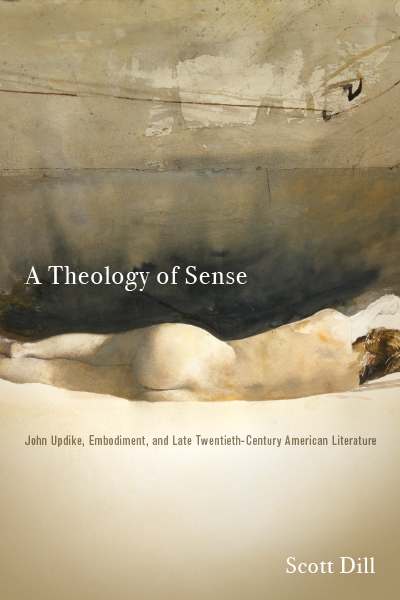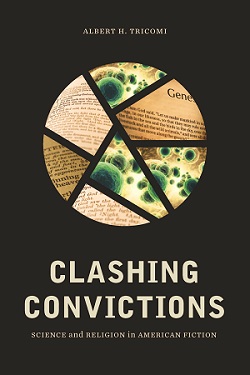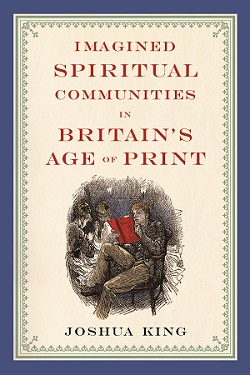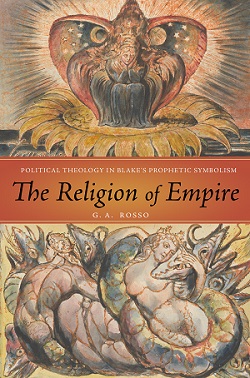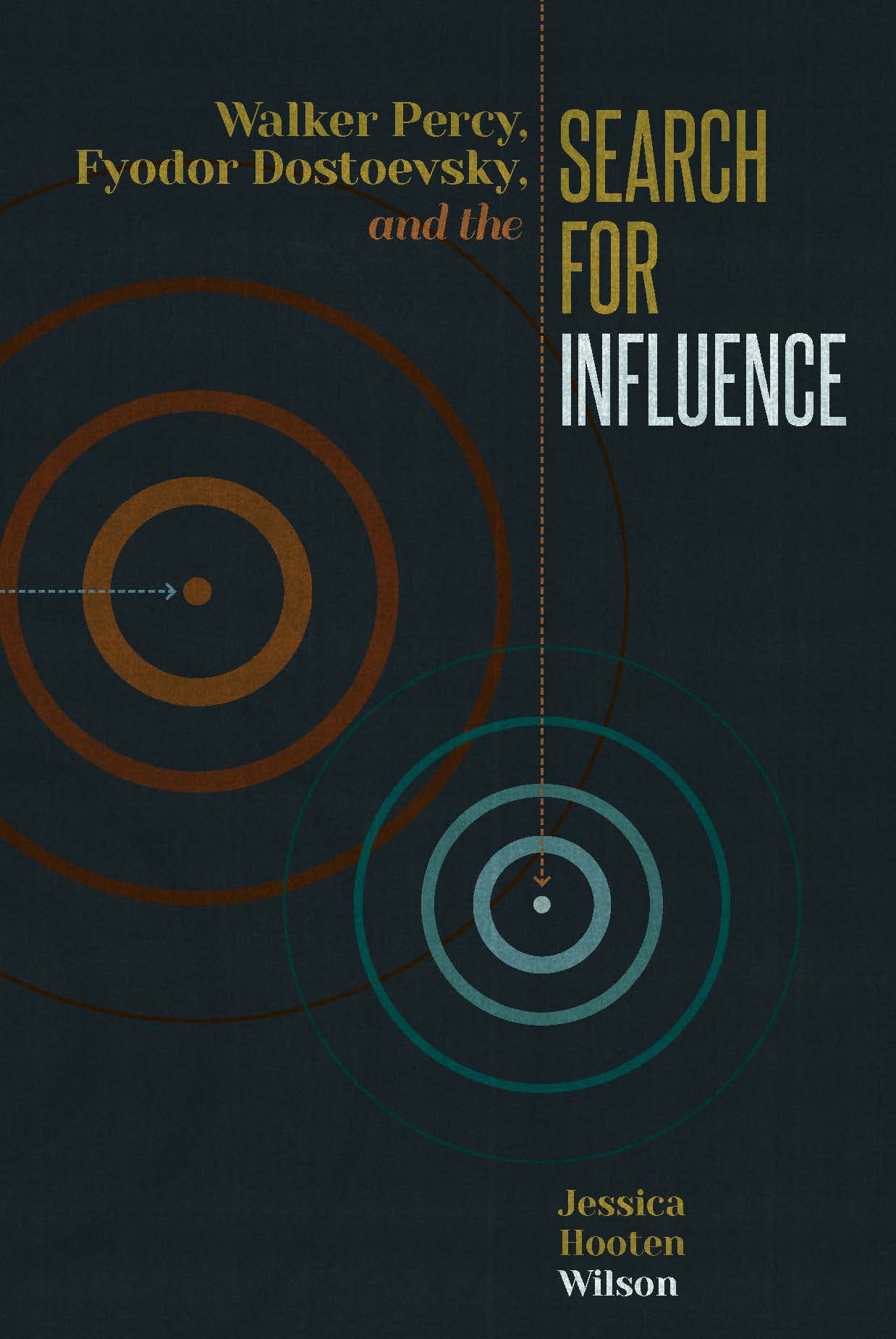“This book will considerably deepen our understanding of how Updike developed a unique ‘theology of sense’ out of his lifelong reading of Christian theology and religious history, not to mention his longstanding devotion to practice.” —Mark Eaton, coeditor of The Gift of Story: Narrating Hope in a Postmodern World
“One of the finest, most original monographs I’ve read on Updike. Dill covers new ground in approaching Updike’s work through sensory aesthetics, carving out a path that others may wish to follow. Further, he persuasively counters many of the criticisms that have over the years been leveled against Updike.” —James Schiff, author of John Updike Revisited
Scott Dill’s A Theology of Sense: John Updike, Embodiment, and Late Twentieth-Century American Literature brings together theology, aesthetics, and the body, arguing that Updike, a central figure in post-1945 American literature, deeply embeds in his work questions of the body and the senses with questions of theology. Dill offers new understandings not only of the work of Updike—which is importantly being revisited since the author’s death in 2009—but also new understandings of the relationship between aesthetics, religion, and physical experience.
Dill explores Updike’s unique literary legacy in order to argue for a genuinely postsecular theory of aesthetic experience. Each chapter takes up one of the five senses and its relation to broader theoretical concerns: affect, subjectivity, ontology, ethics, and theology. While placing Updike’s work in relation to other late twentieth-century American writers, Dill explains their notions of embodiment and uses them to render a new account of postsecular aesthetics. No other novelist has portrayed mere sense experience as carefully, as extensively, or as theologically—repeatedly turning to the doctrine of creation as his stylistic justification. Across this examination of his many stories, novels, poems, and essays, Dill proves that Updike forces us to reconsider the power of literature to revitalize sense experience as a theological question.
Scott Dill is a Lecturer at Case Western Reserve University.
Contents
Preface
Acknowledgments
Introduction A Theology of Sense
Chapter 1 Touching
Chapter 2 Seeing
Chapter 3 Tasting
Chapter 4 Hearing
Chapter 5 Smelling
Epilogue
Works Cited
Index


